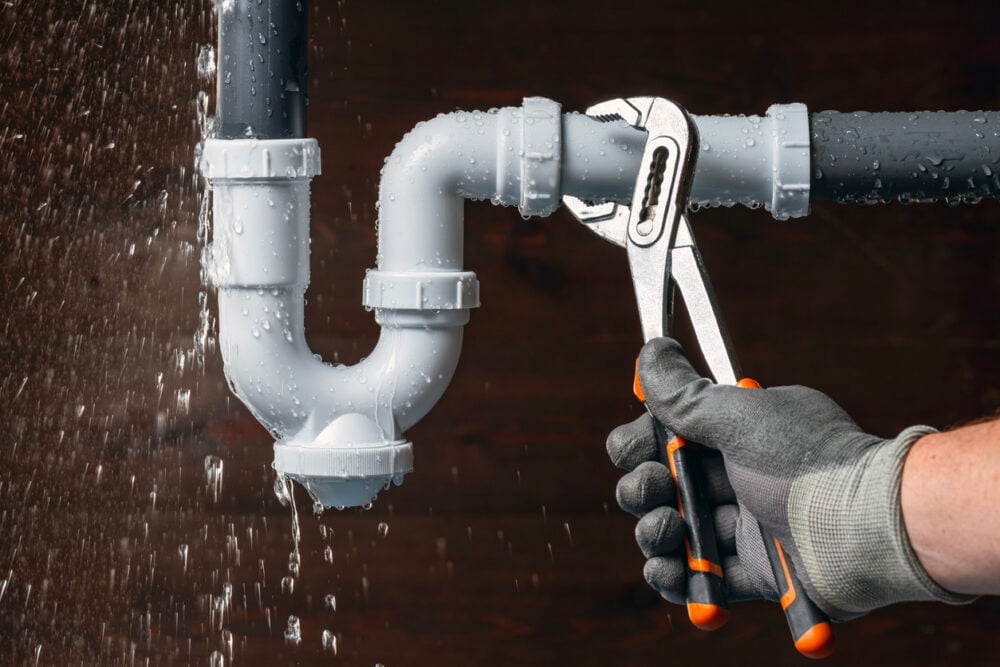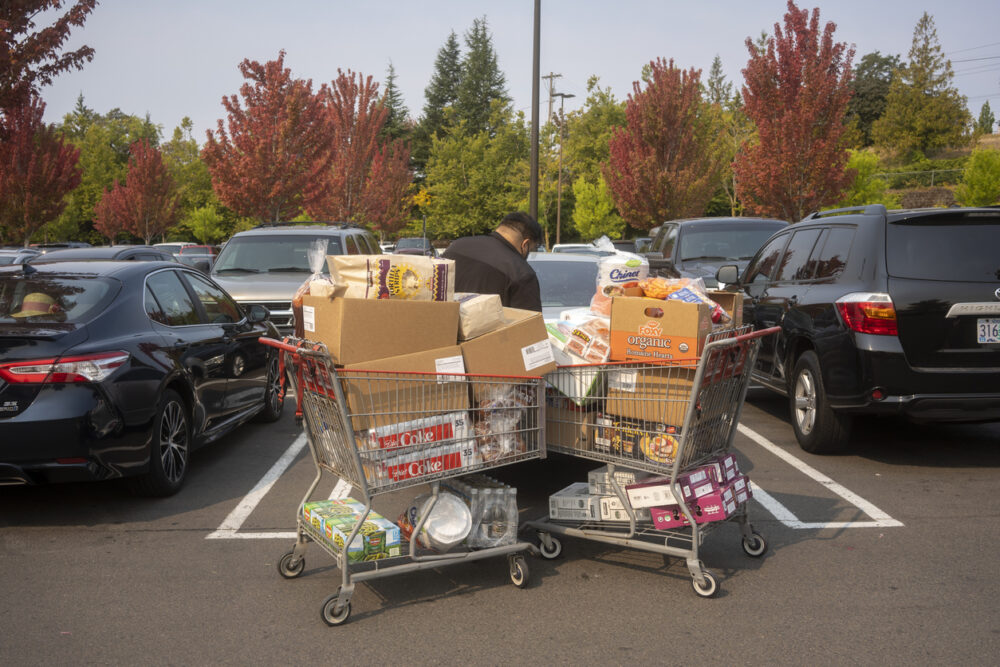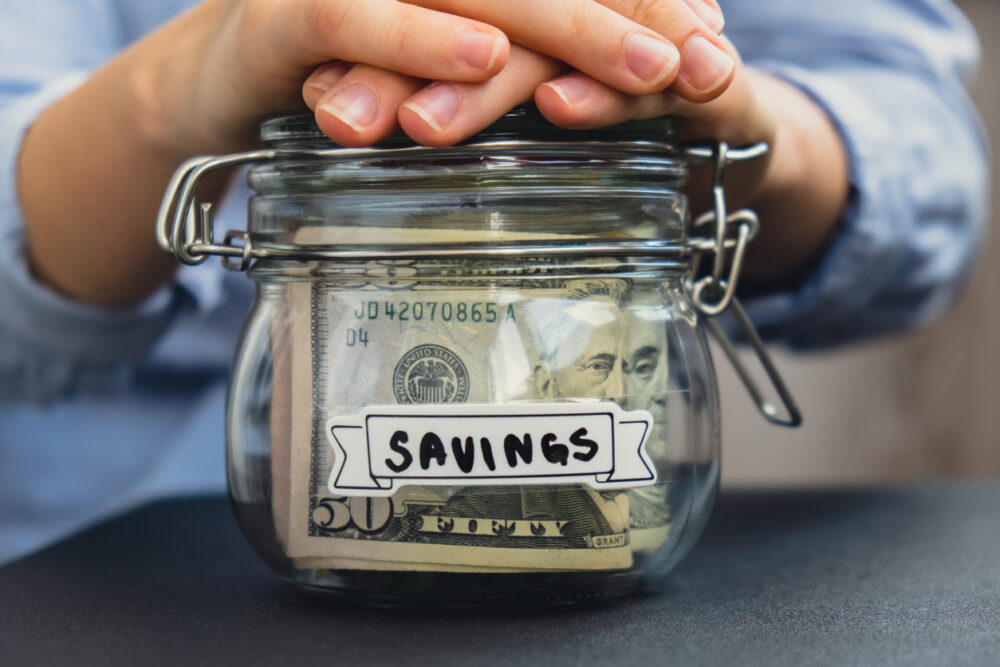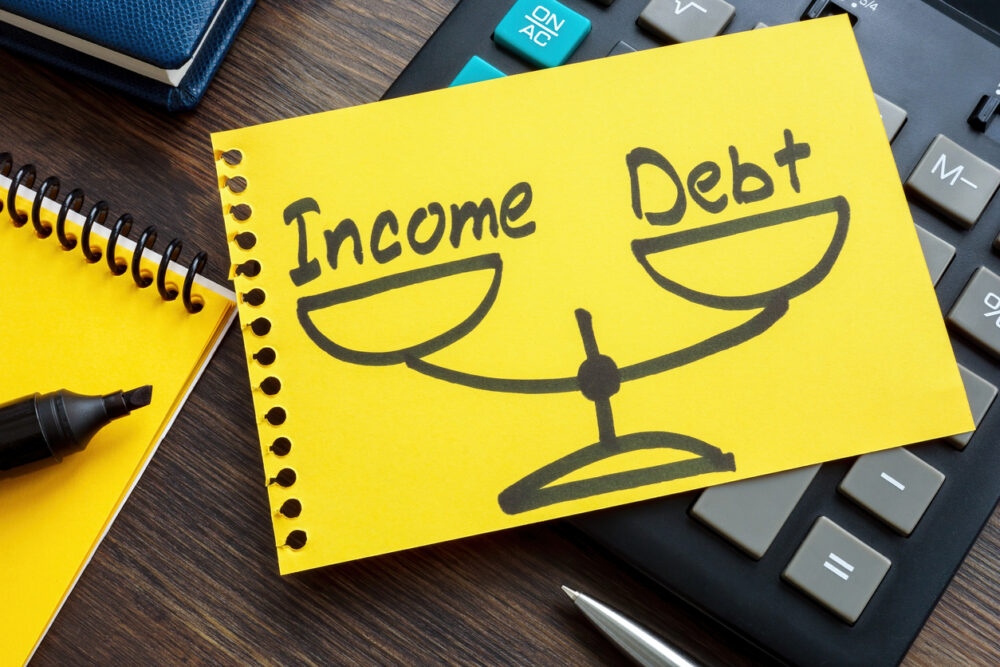These hacks promise to help, but they’re really teaching you how to settle for less.

Every time you scroll past a “money-saving hack,” it feels like someone’s handing you a flashlight in a blackout. But then you try it—and somehow, you’re still in the dark. A lot of popular budget advice sounds smart on the surface. Cook at home. Cut subscriptions. Freeze your credit cards in a block of ice. What gets lost in the glow of these hacks is that most of them aren’t built for real economic survival. They’re designed to distract you from how rigged the system actually is.
These tips weren’t made for an era of skyrocketing rents, cratered wages, and impossible medical bills. They’re relics of a world where cutting back felt empowering instead of humiliating. And they work best when your only goal is to survive, not thrive. It’s time to stop mistaking deprivation for discipline—and start questioning who benefits when you’re told to settle for less.
1. Skipping your morning coffee isn’t going to buy you a house.

This one just won’t die. Skipping coffee might save you a couple bucks a day, but let’s be real—it’s not moving the needle on rent, groceries, or your student loans. Mark Dent writes in The Hustle that blaming lattes for financial struggles ignores the real math: wages have stagnated while housing costs have skyrocketed. It shifts the blame from a broken system to your daily caffeine habit, which feels a lot like gaslighting.
You deserve a small pleasure without guilt. Constant self-denial doesn’t build wealth—it builds resentment. It’s fine to be mindful about spending, but turning your life into a joyless cycle of deprivation won’t create stability. If a cup of coffee is what keeps you grounded during a chaotic week, that’s not wasteful—it’s survival. The real problem isn’t your latte. It’s everything else that’s gotten too expensive to enjoy life without doing mental math first.
2. Paying with cash won’t magically change your spending habits.

There’s this old-school advice that using cash instead of cards will make you spend less. Shannon Roddel reports on University of Notre Dame News that people tend to feel more emotional discomfort when paying with cash, which can curb spending on guilt-inducing purchases. And sure, it might help curb impulse buys here and there—but it’s not going to overhaul your relationship with money. Especially not in a world where rent is digital, bills are automated, and most places don’t even take cash anymore. This tip assumes your spending problems are emotional, not structural. But what if you’re not overspending on luxuries—you’re just under-earning for the basics?
Putting cash in envelopes won’t fix systemic wage stagnation. It won’t make health insurance affordable or rent drop overnight. If you like using cash for certain purchases, go for it. Just don’t expect a few twenty-dollar bills to untangle the much bigger forces keeping your finances tight.
3. Cooking every meal at home won’t save you as much as you think.

Meal prepping sounds like a financial miracle—until you realize groceries aren’t cheap either. Nick Quintero reports on WRIC that as food prices rise due to inflation and tariff uncertainty, more consumers are meal planning—but not necessarily saving as much as expected. And unless you’re living on rice and beans, the savings aren’t always that dramatic. It’s not that cooking is bad—it’s that it’s not the fix-all it’s hyped up to be.
The pressure to make every meal at home turns eating into another chore you’re supposed to master. Sometimes it saves money, sometimes it doesn’t. And when you’re burned out or sick or just can’t handle dishes, ordering takeout shouldn’t feel like a financial failure. Life is chaotic. Give yourself permission to prioritize ease when you need to. Budgeting should support your life—not turn it into a never-ending episode of Chopped: Survival Edition.
4. Canceling subscriptions won’t solve your long-term money stress.

It’s easy to feel like the enemy of your budget is Netflix or Spotify or that gym membership you barely use. Cutting them can help a little, sure—but it’s not going to fix the underlying stress of living paycheck to paycheck.
This advice makes it seem like the real problem is $10 here and $15 there, not the fact that essentials like rent, childcare, and insurance are completely out of control. Subscription cuts are a Band-Aid, not a cure. And if those small luxuries give you a bit of joy or escape during a tough week, they might be worth more than their price tag. It’s okay to cut them if you genuinely don’t use them—but don’t expect it to transform your finances. The stress isn’t coming from Hulu. It’s coming from a system that demands everything and gives very little back.
5. DIY everything isn’t always cheaper—or smarter.

Pinterest makes it look easy. Fix your own plumbing, make your own laundry detergent, cut your own hair, grow your own food. And while learning basic skills is empowering, turning yourself into a one-person maintenance crew doesn’t always save money. Mistakes cost. Tools cost. Time costs. Sometimes, outsourcing is the more affordable and sane option.
Doing it all yourself only works when you have the time, energy, and upfront resources to make it work. If you’re already juggling three side hustles and a full-time job, spending your only free afternoon unclogging a drain isn’t “smart”—it’s exhausting. There’s nothing shameful about paying someone for their labor. In fact, that’s kind of the point of a functional economy. You don’t need to prove you can do everything. You just need a system where asking for help isn’t a luxury.
6. Living without a car sounds frugal—but only in cities that are designed for it.

Car-free life gets pitched as the holy grail of minimalism and budget bliss. No gas, no insurance, no surprise repairs. Sounds amazing, right? Except it’s only realistic in places with reliable public transit, walkable neighborhoods, and safe infrastructure. For most people—especially in the U.S.—ditching a car isn’t freedom. It’s a logistical nightmare.
If your city doesn’t support transit access or biking, not having a car can actually cost you more in time, job options, and flexibility. Missed opportunities pile up fast when you’re stuck waiting for buses that don’t come or paying for rideshare because walking isn’t safe. It’s great to go car-free if your environment supports it. But if it doesn’t, don’t guilt yourself into thinking you’re failing financially just because you need to drive. The problem isn’t your car—it’s the way your city was built.
7. Buying in bulk doesn’t help if you’re living paycheck to paycheck.

Stocking up sounds smart—you get more for less and save yourself trips to the store. But for people who don’t have extra cash lying around, it’s not that simple. Bulk shopping usually means a high upfront cost, and when your budget’s already tight, that kind of investment just isn’t realistic.
It’s hard to plan for a cheaper future when your present is barely covered. The truth is, bulk buying rewards people with extra money, storage space, and stability.
If your pantry is the top shelf of a shared cabinet and you’re counting coins to make rent, that economy-size bag of rice doesn’t look like savings—it looks like a luxury. You shouldn’t feel guilty for buying what you can afford in the moment. Budget advice that only works when you already have money isn’t advice. It’s just privilege in a clever disguise.
8. Using generic brands won’t fix a broken financial system.

The go-to advice when money’s tight? Just buy store-brand everything. And sure, there are decent generic swaps out there. But that only takes you so far. You can’t coupon your way out of unaffordable rent, and you definitely can’t budget around a health emergency by switching to off-brand cereal. This tip tries to make systemic issues seem like personal shopping problems.
It also assumes that saving a few cents per item is enough to meaningfully change your situation. But when your income barely covers essentials, it’s not name-brand shampoo that’s draining your wallet—it’s the rising cost of living itself. If buying generics helps, go for it. Just don’t let anyone tell you that’s the magic fix. The bigger issue isn’t what’s in your cart. It’s what’s happening to your paycheck, your housing costs, and your access to basic stability.
9. Moving to a cheaper city comes with hidden costs they never mention.

On paper, relocating sounds like the ultimate reset button. Lower rent, slower pace, cheaper everything. But starting over costs more than most people admit—moving fees, lost income, time off work, deposits, and the emotional toll of leaving behind your support system. And that “cheap” new city? It might not be so affordable once you factor in wages, transit, or job availability. People love to romanticize a fresh start without acknowledging the privilege it takes to pull one off. It’s easy to say “just move” when you have savings, remote work, or a safety net.
It’s a lot harder when you’re juggling bills, childcare, or a job that doesn’t transfer. Sometimes staying put is the more financially responsible move, even if it doesn’t feel like progress. You don’t need a new zip code to deserve a better quality of life—you need better systems where you already live.
10. Saving a tiny percentage of your income only works if you have enough to begin with.

“Just save 10% of every paycheck.” It sounds simple—until you’re doing the math and realizing 10% is your grocery budget, your gas money, or what keeps the lights on. Saving is crucial, but this tip gets repeated like a moral commandment instead of what it really is: a guideline that only works when your income gives you room to breathe.
When you’re barely scraping by, the pressure to save can actually make things worse. You end up skipping meals or skipping meds just to keep up with some arbitrary rule. That’s not financial wellness. That’s survival dressed up as responsibility. Saving should be flexible, not rigid. It should reflect your actual reality, not punish you for having less. If all you can save this month is five dollars, that’s still a win. You don’t need to follow cookie-cutter formulas to be financially responsible.
11. Avoiding all debt sounds wise—until it sabotages your future.

We’re told debt is the enemy. And yes, predatory debt absolutely is. But not all debt is bad—and treating it like it is can hold you back. If you avoid student loans, a car loan, or even a credit card because you’re scared of debt, you might also be avoiding access, stability, or opportunities that actually improve your life long-term.
It’s not about diving into debt carelessly. It’s about understanding that some risks can be strategic. A car might unlock better-paying jobs. A student loan might open doors you couldn’t reach otherwise. It’s dangerous to act like debt is a personal failure when, for most people, it’s a built-in cost of functioning in modern life. Use it wisely, and on your own terms—but don’t let fear of debt keep you stuck in place.
12. Budgeting apps can’t fix what the system keeps breaking.

There’s an app for everything, and budgeting is no exception. These tools promise control, clarity, and financial peace—but they can’t solve the real issue if the math simply doesn’t work. If your income is too low and your expenses are too high, no color-coded pie chart is going to change that. Apps are great for tracking, not for transforming. And sometimes, they actually make things worse. When you’re constantly reminded that you’re “over budget” for things like groceries or gas—essentials you can’t just skip—it doesn’t feel empowering. It feels like failure.
These tools work best when you have a buffer to begin with. Otherwise, they just highlight how impossible the margins really are. A spreadsheet isn’t a solution. It’s a mirror—and sometimes the reflection is brutal.